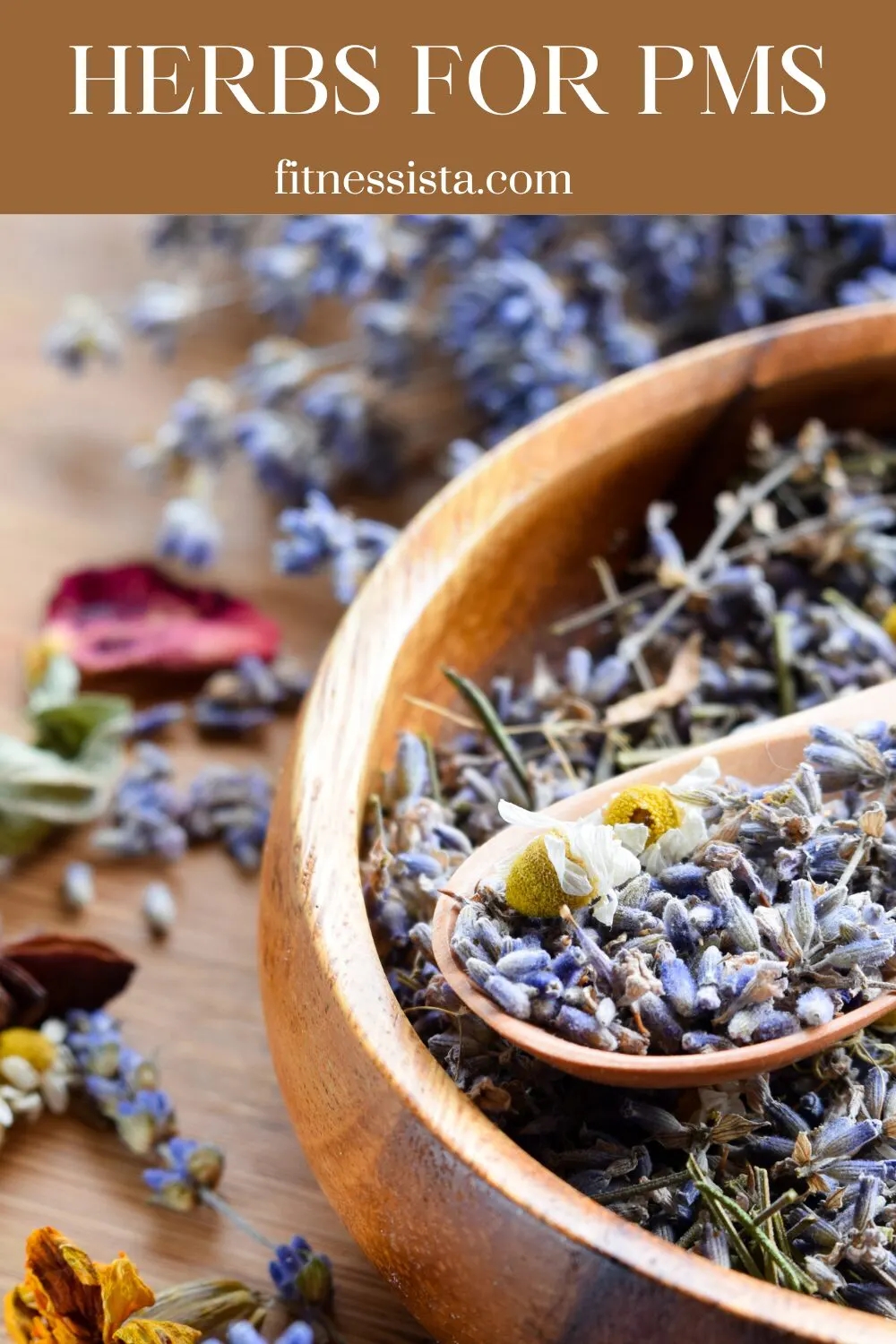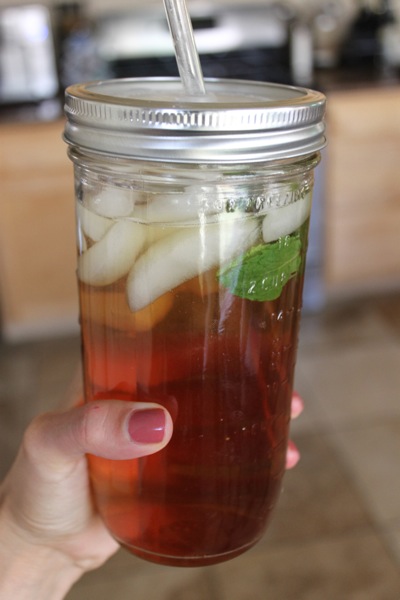
I’m sharing some of my favorite herbs for PMS.
Hello friends! How are you? Happy Valentines Day!! I hope you are having a beautiful morning. I’m looking forward to going to mass with the kids (it’s also Ash Wednesday) and having family dinner tonight. I hope you have a great day too.
For today, let’s talk about PMS and some herbs that can help!
For many women, the days leading up to menstruation can trigger a series of uncomfortable symptoms, known collectively as premenstrual syndrome (PMS). While managing these symptoms may seem like an uphill battle, nature offers a wealth of remedies in the form of herbal medicines. In this blog post, I will share some popular herbal solutions for PMS and explore the benefits, usage, and considerations that can help you find relief naturally.
You also need to remember that while PMS is common, it is not *normal*. It is possible to have an uneventful cycle, but it takes some lifestyle changes, resetting the nervous system, and improving nutrition. While herbs can be a helpful addition to your routine, they can’t make up for your lifestyle or daily habits.

best herbs for premenstrual syndrome
Understanding PMS and Herbal Remedies
Premenstrual syndrome encompasses a variety of physical and emotional symptoms that occur in the days before menstruation. From bloating and mood swings to headaches and fatigue, these symptoms can significantly impact daily life. Herbal remedies offer a holistic approach to managing PMS by addressing underlying hormonal imbalances and supporting overall well-being.
Herbs to relieve PMS
Chasteberry (Vitex agnus-castus):
Chasteberry is known for its ability to balance hormones, particularly by increasing progesterone levels. This can relieve symptoms such as irritability, breast tenderness, and bloating.
Dong Quai (Angelica sinensis):
Dong Quai is a traditional Chinese herb known for its menstrual cycle regulating effects. It can help relieve menstrual cramps, promote blood flow, and regulate hormonal fluctuations.
Evening primrose oil:
Rich in gamma-linolenic acid (GLA), evening primrose oil is prized for its anti-inflammatory properties. It may help reduce breast tenderness, bloating, and mood swings associated with PMS.
Black cohosh (Actaea racemosa):
Black cohosh is beneficial in relieving menopause symptoms, including hot flashes and mood swings. It may also help relieve PMS symptoms, such as irritability and anxiety.
Ginger (Zingiber officinale):
Ginger is known for its anti-inflammatory properties, making it a valuable ally to combat menstrual pain and digestive discomfort associated with premenstrual syndrome.
Cramp bark (Viburnum opulus):
As the name suggests, cramp bark is very effective in relieving menstrual cramps and muscle tension. It works by relaxing the uterine muscles, relieving pain and discomfort.
Wild Yam (Dioscorea villosa):
Wild yam contains compounds that mimic natural progesterone, making it beneficial for hormonal balance. It may relieve PMS symptoms such as mood swings, breast tenderness, and bloating. Ideally, wild yam should be used in the luteal phase of your cycle (after ovulation until your cycle begins).
Passionflower (Passiflora incarnata):
Passionflower is revered for its calming properties, making it ideal for reducing anxiety and promoting relaxation during the premenstrual phase. It can also help improve sleep quality.
Red raspberry leaf (Rubus idaeus):
Red raspberry leaf is a uterine tonic that promotes reproductive health. It can help regulate menstrual cycles, reduce heavy bleeding, and relieve cramps associated with PMS. It was also a key ingredient in my favorite pregnancy tea.
How to use herbal remedies
Teas: Make herbal teas with dried herbs or tea bags. Drink 1 to 3 cups a day, preferably during the week before menstruation.
Tinctures: Dilute herbal tinctures in water or juice and consume according to package directions.
Capsules: Take herbal supplements in capsule form as directed by a healthcare provider or herbalist.

Pros and Cons of Herbal Remedies for PMS
Advantages:
Natural and holistic approach to symptom management.
Fewer side effects compared to conventional medications.
Addresses underlying hormonal imbalances.
Cons:
Efficacy may vary between individuals.
It may take time to experience noticeable results.
Possible interactions with existing medications or health conditions.
Disclaimer: Consult your healthcare provider
Before incorporating any herbal remedy into your routine, It is essential to consult with your healthcare provider, especially if you are pregnant, nursing or have underlying health problems. While herbs can offer important benefits, they can also interact with medications or have contraindications that should be considered.
Herbal remedies can provide a natural and effective approach to managing PMS symptoms, offering relief from discomfort and promoting hormonal balance. If you are curious about testing to see what is really happening with your hormone levels and cortisol throughout the day, you can request 1:1 training here either Join us for my Vitality program!
Registration opens today and we start as a group on February 26.
hugs and kisses
gina
Further:
PMS self-care
Natural remedies for premenstrual syndrome
How to eat during your menstrual cycle
Optimizing your workouts throughout your menstrual cycle







